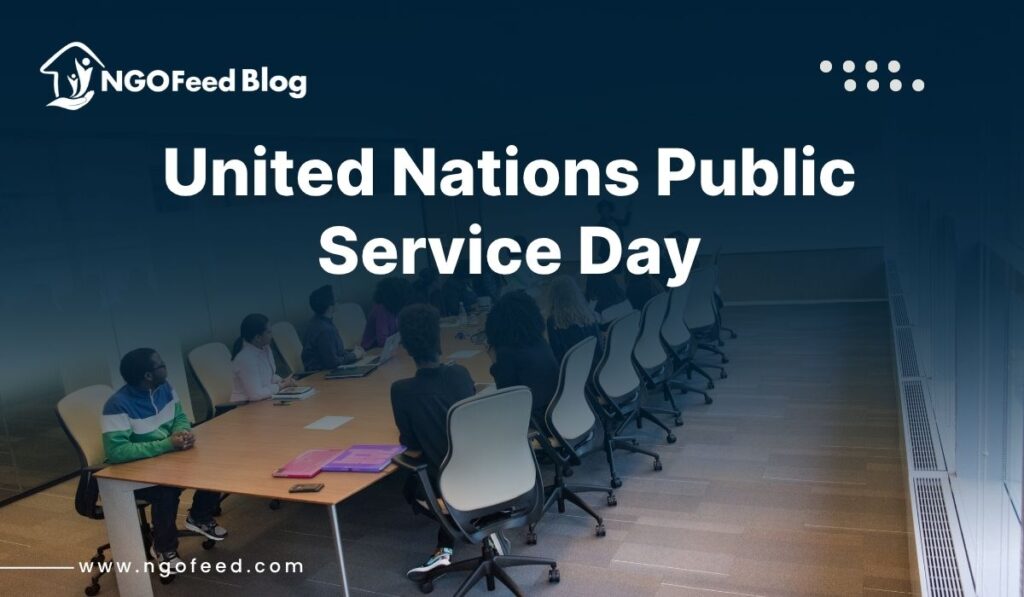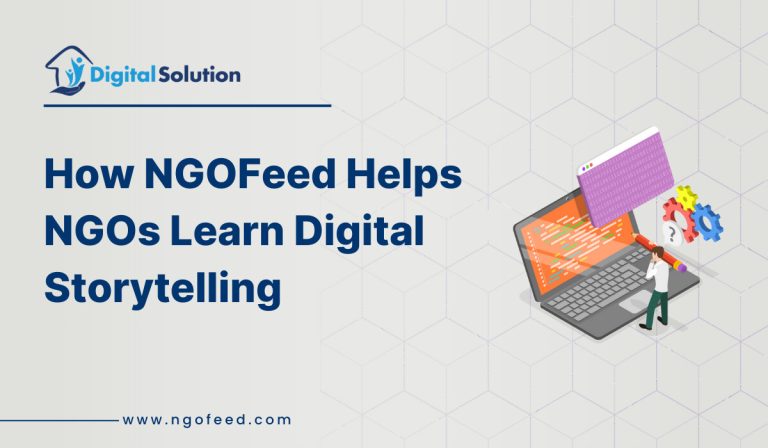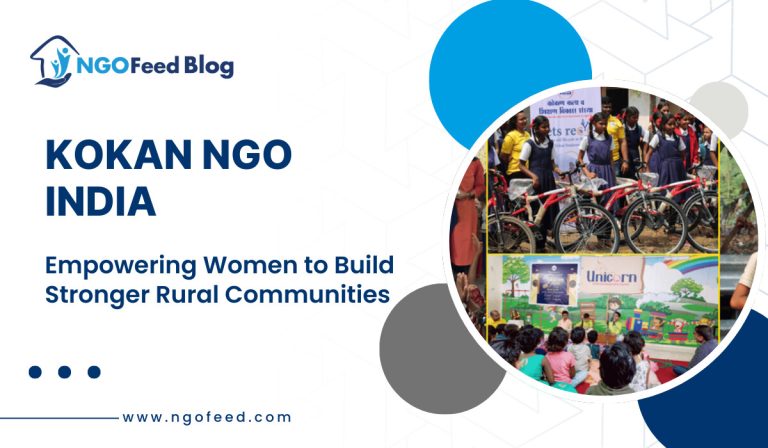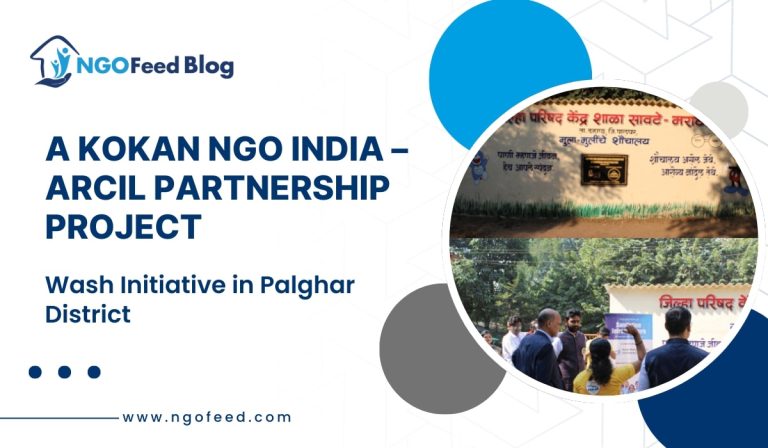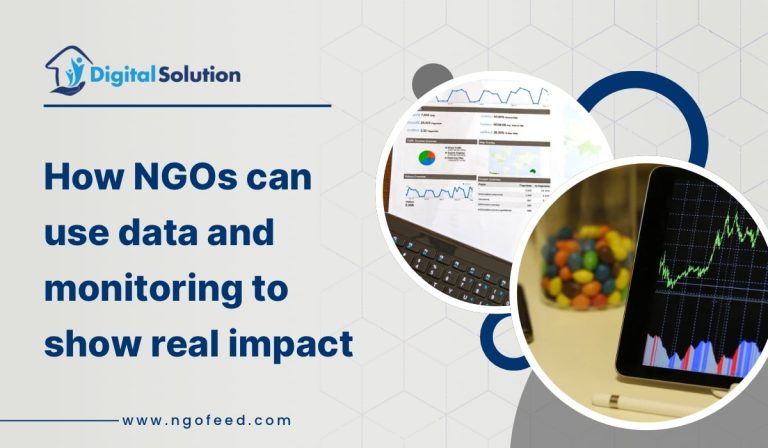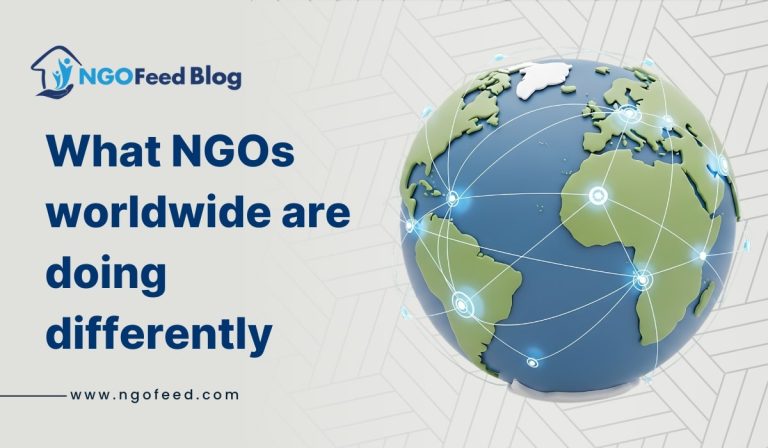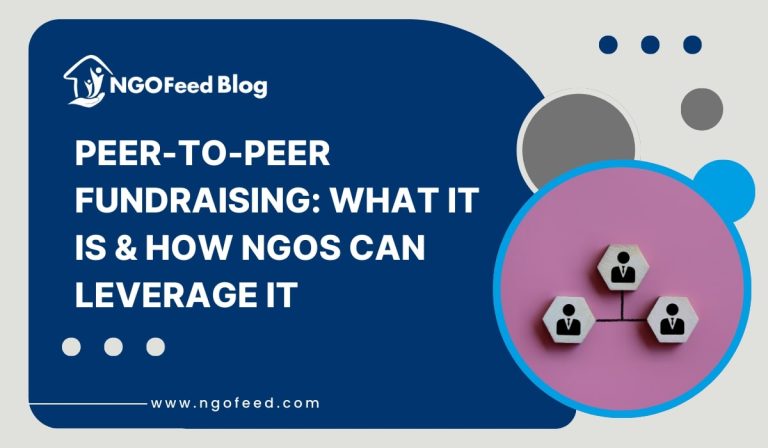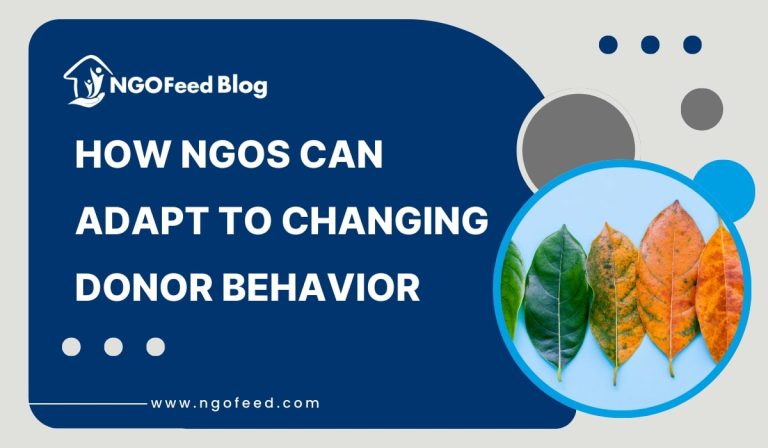United Nations Public Service Day: Every year on 23 June, Public Service Day at the United Nations honours and recognises the major impact of public service in developing and advancing countries worldwide. Through Resolution A/RES/57/277 passed by the United Nations General Assembly in 2002, the day was created to recognise the commitment, ethics and imagination of public servants working to help their communities.
Good governance relies on public service, which also helps bring sustainable development about. When it comes to healthcare, education, cleanliness, safety or infrastructure, public servants make sure those services are fair, inclusive and clear to everyone. Because of their work, all populations, including the most at-risk, are less likely to fall through the cracks.
Also Read: Agriculture and Food Security
Besides praising government workers, United Nations Public Service Day has sparked interest in public administration amongst young people. It encourages exchanging successful approaches to governance from around the world and makes it clear that efficient, accountable and inclusive institutions matter.
Every year, the United Nations Public Service Awards (UNPSA) are given to outstanding examples of public administration that drive improvement and new developments in community service. These projects inspire others who want to excel in running their governments.
Because the world is changing fast and new issues such as pandemics, changing weather, and technology advancements arise, the willingness and ability of public servants to adapt are more important than ever. United Nations Public Service Day makes sure we remember their big impact on a just, stable and sustainable world.
Table of Contents
Also Read: Role of NGO in Food and Nutrition
History of United Nations Public Service Day
In 2002, the United Nations General Assembly made Resolution A/RES/57/277, which established United Nations Public Service Day. The resolution highlighted the important role public service has in achieving sustainable development and better living for people everywhere. It worked to inform people about why public service is important and to nudge young people toward careers in that field.
Also Read: Role of NGOs in Waste Management
The symbolism of Public Service Day grew from choosing it on June 23. It accepts that public servants have been key to promoting peace, safety, development and fairness worldwide. From that day forward, member states of the UN have used this day each year to applaud and recognise the hard work and innovation of civil servants dealing with challenges in government.
Having this day established was meant to motivate authorities to make their public administration clearer, responsible and effective. Besides, by taking measures like these, the United Nations demonstrates its continuing support for the Sustainable Development Goals (SDGs), specifically Goal 16, which seeks to bring about peace, inclusion, justice and good institutions in societies everywhere.
Recognition Day is also linked to the creation of the United Nations Public Service Awards (UNPSA) to praise successful programs that improve both service delivery and how governments work. Both the occasion and the prizes celebrate outstanding achievements in public administration and encourage progress in key institutions for everyone.
Also Read: Role of NGOs in Mental Health
Importance of Public Service in Nation-Building
A society that hopes to function properly depends on public service, which greatly contributes to building the nation. Public administration includes many functions performed by government agencies and officials to provide needed services in health, education, infrastructure, safety, and social welfare. These services lay the basis for a country to be stable and wealthy.
Public service that works well brings people together and makes sure everyone’s needs are addressed fairly. If public institutions show transparency, accountability, and efficiency, they make democracy stronger and ensure the rule of law is upheld, which supports the nation for the long haul.
Also Read: Role of WHO in Healthcare
Besides managing the country, public service is important for including marginalised people in development. Often, working in tough environments, civil servants ensure that resources and opportunities are available to both close the socio-economic divide and empower people in the community.
By making the necessary infrastructure and policies, public service contributes to economic growth in business, new ideas and jobs. Road-building, maintaining law, controlling markets and preserving the environment are important ways the public sector contributes to a thriving economy.
Besides, when facing natural disasters, health pandemics or conflicts, public servants are the first to take action, guide relief programs, protect public health and bring order back to society. Because of their diligence and commitment, we see the key part public service plays in protecting members of the community and promoting social wellness.
Also Read: Role of NGOs in HIV and AIDS Awareness and Prevention
In short, the nation is built and supported by public service, which focuses on democracy, the future of the country and social justice. On United Nations Public Service Day, people around the globe acknowledge the vital importance of public servants and support further efforts to develop important public institutions.
United Nations Public Service Awards (UNPSA)
Since 2003, the United Nations Public Service Awards (UNPSA) have been given each year as distinguished awards on United Nations Public Service Day. Outstanding projects and initiatives in public service that benefit government responsiveness, transparency, and efficiency worldwide are recognised with these awards.
The UNPSA centres on outstanding projects and programs that solve urgent public problems, use new ideas to manage government and boost service to the public. Understanding and sharing what successful governments and organisations do can encourage others to build on their experience.
Also Read: Role of UNHRC in Safeguarding Human Rights
The awards have several categories, for example:
- Improving the ways public services are offered
- Encouraging advances and top standards in the field of public administration
- Encouraging openness and being answerable
- Promoting ways for people to take part in government decisions
- Improving the capability of institutions
The UNPSA winners are selected from all over the world and different parts of public service, showing how public service matters everywhere. Most of these projects are centred on opening up better chances at education, better health, access to social services, sound environmental policies, and improved electronic governance.
Receiving a UNPSA helps gain worldwide notice and encourages officials to work harder to benefit those they serve. Awards demonstrate that public service supports the SDGs, with a special focus on peace, justice and strong institutions.
As a result of the UNPSA, the United Nations fosters excellence and new ideas in public administration everywhere, helping to make societies more inclusive.
Also Read: Role of NGOs in Sustainable Agriculture
Challenges Faced by Public Servants Today
The smooth running of societies depends greatly on public servants, but they often meet big challenges when performing their jobs. Nowadays, the problems faced in governance are more diverse and complex than they ever were, so leaders need to be strong, flexible and creative.
A big challenge in infrastructure is the lack of resources. Limited funds, obsolete equipment and a shortage of staff often stop many public agencies from providing good services effectively. Developing countries experience this problem more often because they lack enough resources to meet all public service needs.
Fast-changing technology creates both chances and problems. Even though digital methods boost service delivery and visibility, they also need money to be spent on training, security and technology. Public servants should train themselves on the latest technologies so they can deal with digital gaps in the communities they serve.
Also Read: Role of UNHRC in India
Public trust and the usefulness of government programs can be damaged in some places by persistent corruption and a lack of transparency. A program to fight corruption depends on the standards of ethics, accountability systems, and the willingness of political leaders.
Democratic governments can put pressure and interference on their public servants, making it tougher for them to decide things objectively. Keeping professionalism and neutrality helps support democratic governance.
The rising need for fast, accessible and top-quality services prompts government agencies to constantly introduce unique ideas and respond to feedback. During the COVID-19 pandemic, the job of managing crises was stressful for many public servants.
This means that policies of public service should be open to the concerns of societies with marginalised members, require cultural understanding and focus on human rights.
Also Read: Role of NGOs in Sustainable Development
In the face of these problems, public servants keep working hard to promote the well-being of the public. Giving importance and support to them helps us strengthen and make our communities more resilient.
How to Encourage Youth Participation in Public Service
Participating young people are key to creating exciting, fresh, and inclusive ways of governing our communities. Because young people provide fresh ideas, enthusias,m and creativity, including them in public administration is very important for a successful future.
A main goal is to showcase the helpful effects of public service work. Schools, universities and community organizations are encouraged to work with governments to bring public administration topics into the curriculum. Students can discover many public sector roles by visiting career fairs, doing internships or having mentors.
Also Read: Role of NGOs in Biotechnology
Making it easy for everyone to apply for public service jobs is likewise very important. Shortening the application process, giving help with education bills, and setting up internships can help young people become more interested in this field.
Leaders should build workplaces that value what young people have to offer and that inspire creative thinking. Young members of the civil service should play a role in deciding and making policies.
The youth should be taught digital skills, because many public services now depend on digital tools and data. Through training and workshops, young people can gain the abilities important for working in today’s public administration.
Also Read: Best Practices for Strategic Planning in Nonprofits
Being active in civic life, helping out and joining community service projects are other ways to engage more with youth. They develop leadership abilities and increase knowledge about what people need in their communities.
Detecting and attracting the right talent allows societies to maintain healthy institutions that can overcome modern and future problems.

